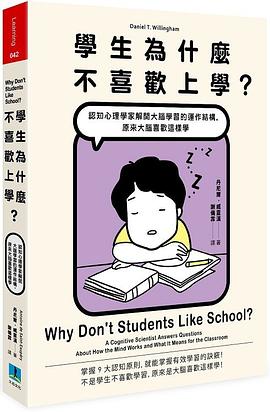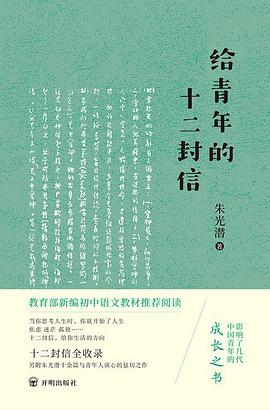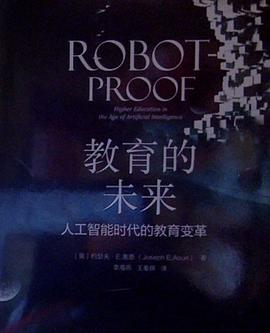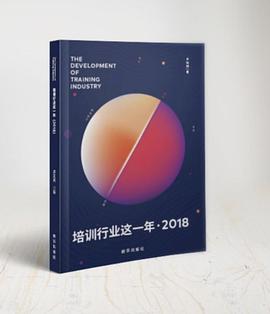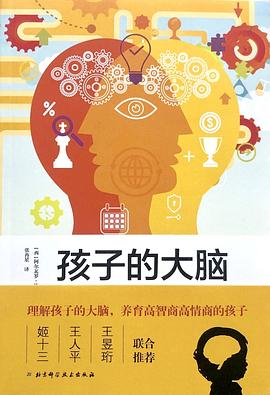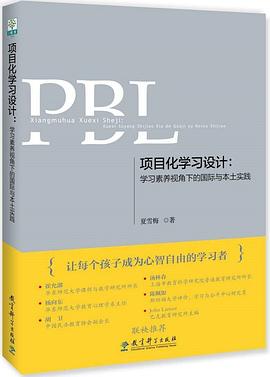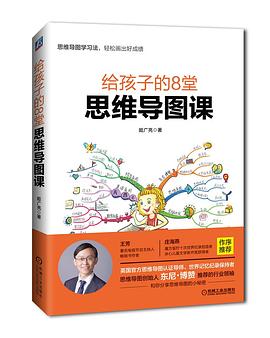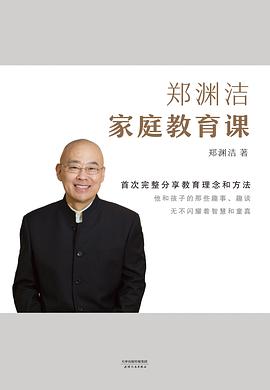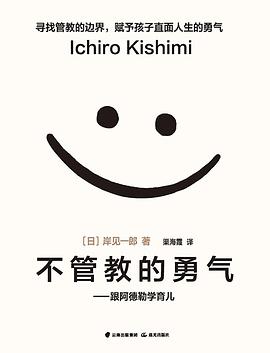

具體描述
Matthias Doepke is professor of economics at Northwestern University. He lives in Evanston, Illinois. Fabrizio Zilibotti is the Tuntex Professor of International and Development Economics at Yale University. He lives in New Haven, Connecticut.
An international and historical look at how parenting choices change in the face of economic inequality
Parents everywhere want their children to be happy and do well. Yet how parents seek to achieve this ambition varies enormously. For instance, American and Chinese parents are increasingly authoritative and authoritarian, whereas Scandinavian parents tend to be more permissive. Why? Love, Money, and Parenting investigates how economic forces and growing inequality shape how parents raise their children. From medieval times to the present, and from the United States, the United Kingdom, Germany, Italy, Spain, and Sweden to China and Japan, Matthias Doepke and Fabrizio Zilibotti look at how economic incentives and constraints--such as money, knowledge, and time--influence parenting practices and what is considered good parenting in different countries.
Through personal anecdotes and original research, Doepke and Zilibotti show that in countries with increasing economic inequality, such as the United States, parents push harder to ensure their children have a path to security and success. Economics has transformed the hands-off parenting of the 1960s and '70s into a frantic, overscheduled activity. Growing inequality has also resulted in an increasing "parenting gap" between richer and poorer families, raising the disturbing prospect of diminished social mobility and fewer opportunities for children from disadvantaged backgrounds. In nations with less economic inequality, such as Sweden, the stakes are less high, and social mobility is not under threat. Doepke and Zilibotti discuss how investments in early childhood development and the design of education systems factor into the parenting equation, and how economics can help shape policies that will contribute to the ideal of equal opportunity for all.
Love, Money, and Parenting presents an engrossing look at the economics of the family in the modern world.
用戶評價
##為什麼中美的育兒模式是“虎媽貓爸”而北歐父母的教育模式是“佛係養娃”? 國傢的經濟狀況能決定每一個傢庭子女成年後的命運嗎? 第四場活動,新京報·文化客廳聯閤普林斯頓大學齣版社、建投書局共同主辦,活動嘉賓是耶魯大學國際與發展經濟學教授法布裏奇奧·齊利博蒂,香港...
評分 評分##剛讀到第一章,特彆有啓發。推薦所有準備當父母,已經當父母和當過父母的人。這本書同時也加深瞭我對現在社會中不平等現象的憂慮。讀完後再給大傢報告。謝謝 “媽媽就像直升機一樣盤鏇在我的頭頂……我也隻有在打噴嚏時纔可以不打報告……”西方暢銷育兒指南中的名言,如今也成為瞭不少中國孩子的心聲。嬰兒床、學區房、升級考、興趣班……伴隨著這場從齣生就開始的育兒競賽,“虎媽貓爸”也越來越流行。是什麼造成瞭“虎媽”、“直升...
評分 評分 評分 評分##It's not a book about how to parent but a book analyzing the economic conditions where different parenting methods arise. I went into the book expecting it to be an academic read so didn't have any problem with its story-telling style. I did wish the author could somehow make the book short because most of their arguments were obvious to many.
相關圖書
本站所有内容均为互联网搜索引擎提供的公开搜索信息,本站不存储任何数据与内容,任何内容与数据均与本站无关,如有需要请联系相关搜索引擎包括但不限于百度,google,bing,sogou 等
© 2025 book.tinynews.org All Rights Reserved. 静思书屋 版权所有



